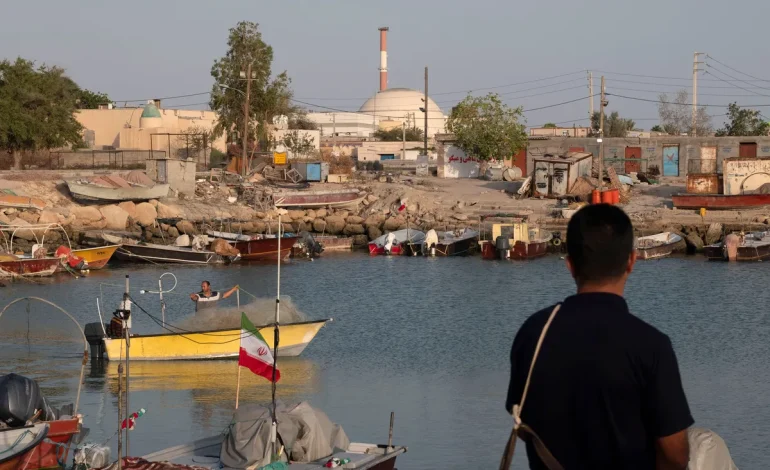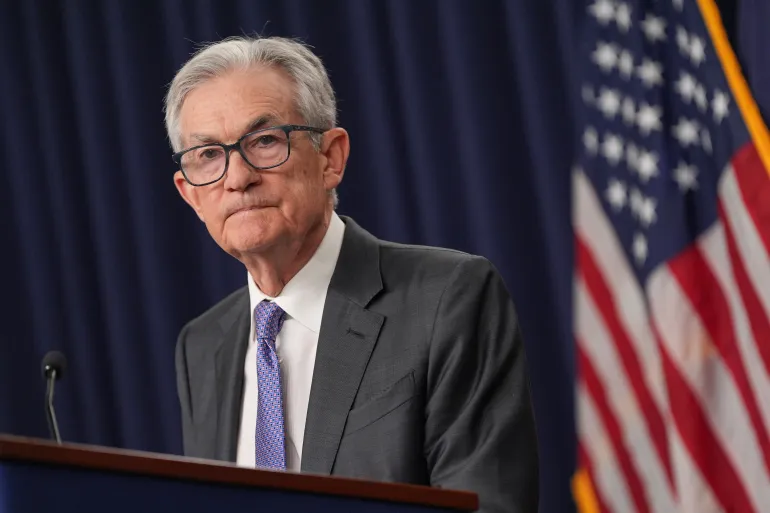Stalled US-Iran Talks Raise Concerns Over Potential Israeli Military Action

As nuclear negotiations between Washington and Tehran falter, renewed speculation has emerged over the possibility of an Israeli military strike on Iran’s nuclear infrastructure—a scenario that has loomed over Middle Eastern diplomacy for nearly two decades.
Recent reports from US intelligence sources, including a CNN story citing preparations underway in Israel, have prompted debate in Washington and among global observers about how real the threat of an Israeli operation might be. While military action has been periodically floated by Israeli officials over the years, actual strikes have yet to materialize.
The speculation comes at a sensitive time. The United States, under a Republican administration, is engaged in a new round of talks with Iran aimed at limiting its nuclear program. While Iran maintains its enrichment efforts are for peaceful, civilian purposes, some US and Israeli officials remain skeptical of Tehran’s intentions.
For Israeli Prime Minister Benjamin Netanyahu, who has long made preventing a nuclear-armed Iran a central focus of his political career, the stakes are high. His government continues to signal a low tolerance for any level of uranium enrichment in Iran. Caroline Glick, a senior adviser to Netanyahu, argued that any Israeli action would be tightly focused and unlikely to escalate into a broader war.
“We are talking about a limited operation,” she said, dismissing concerns about a potential regional conflict.
Still, analysts suggest such rhetoric may serve more as a bargaining chip in ongoing diplomatic negotiations than as a signal of imminent action.
“Reports of an imminent Israeli strike on Iran are likely overblown,” noted Dina Esfandiary and Ziad Daoud of Bloomberg Economics.
They characterized the media leak as a US effort to increase pressure on Iran as the talks continue.
Despite the tensions, there is considerable skepticism among analysts and markets that a military escalation is near. Oil markets responded only modestly to the recent reports, with Brent crude rising just over 1% to around $66 per barrel, suggesting traders see little immediate threat to regional oil supply.
Former Israeli military intelligence chief Amos Yadlin, who led the 1981 airstrike on Iraq’s Osirak reactor, cautioned against premature action. He suggested Israel should await the outcome of current US-Iran discussions before making a decision.
“Right now we’re somewhere between red and orange,” he said, referring to Israel’s threat posture.
Strategic factors complicate any Israeli decision to act unilaterally. Iran’s nuclear sites are dispersed and heavily fortified, and a successful strike would likely require prolonged air operations beyond the capacity of Israel’s air force alone. Past Israeli assessments have concluded that American strategic bombers would be essential for a conclusive attack.
Moreover, Israeli aircraft would likely need regional overflight permissions—particularly from Saudi Arabia. While Israeli-Gulf relations have improved in recent years, many Arab states, including Saudi Arabia and the UAE, favor continued diplomacy with Tehran and are unlikely to support a strike.
US policy, too, currently leans toward diplomacy. Recent signals from Washington, including a reshuffling of key personnel and statements from the Trump administration, suggest a preference for a negotiated solution over the use of force. According to a note from analysts at Eurasia Group, the likelihood of a near-term Israeli strike remains relatively low, with a 20% probability of military escalation.
Iran, meanwhile, has prepared for such scenarios over the years and has warned that an attack on its nuclear facilities would be treated as an act of war. In a recent statement, Supreme Leader Ayatollah Ali Khamenei expressed doubt that current negotiations would succeed, echoing skepticism expressed during talks under the previous US administration.









The latest news in your social feeds
Subscribe to our social media platforms to stay tuned